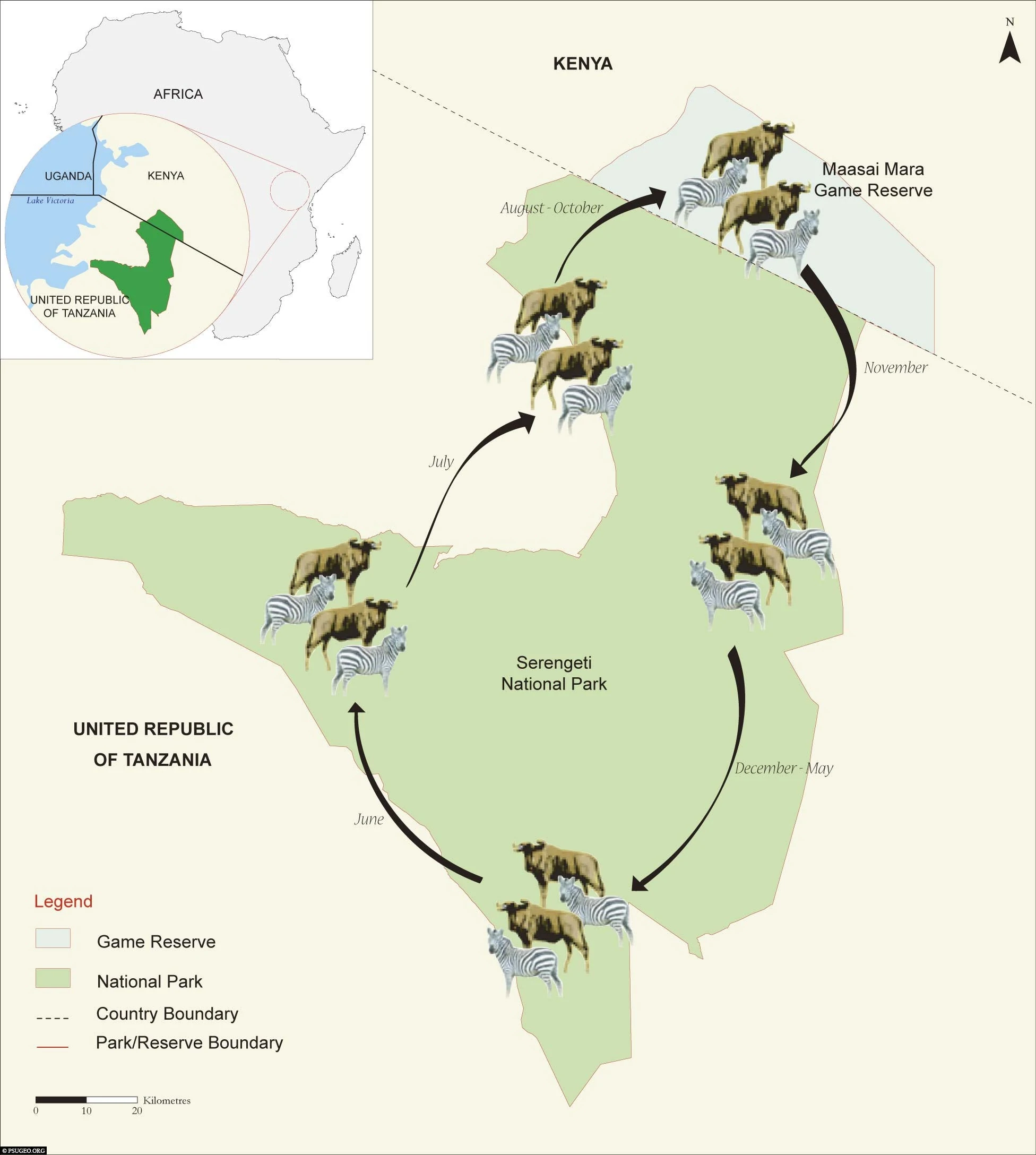Tsavo National Parks, divided into East and West, form one of Kenya’s largest wildlife reserves. The parks are renowned for their vast savannahs, diverse habitats, and abundant wildlife, including elephants, lions, and rhinos. Tsavo East is characterized by red elephants and the Galana River, while Tsavo West features volcanic landscapes and Mzima Springs, attracting numerous visitors for safari adventures and conservation efforts.
Tsavo National Park, in Kenya, experiences a semi-arid climate. The region is generally hot and dry throughout the year, with temperatures often ranging from 20°C to 40°C. Rainfall is infrequent, with occasional showers primarily between March and May, and again from November to December. These weather patterns contribute to the park’s sparse vegetation and reliance on seasonal water sources for its diverse wildlife.
Tsavo National Park experiences a semi-arid climate characterized by hot and dry conditions for most of the year. Temperatures typically range from 20°C to 40°C. Rainfall is scarce, with sporadic showers occurring mainly between March and May, and again in November and December. The park’s landscape is influenced by these climatic conditions, featuring sparse vegetation and seasonal water sources that attract wildlife.
Tsavo National Park, in Kenya, experiences a semi-arid climate. The region is generally hot and dry throughout the year, with temperatures often ranging from 20°C to 40°C.
Rainfall is infrequent, with occasional showers primarily between March and May, and again from November to December.

